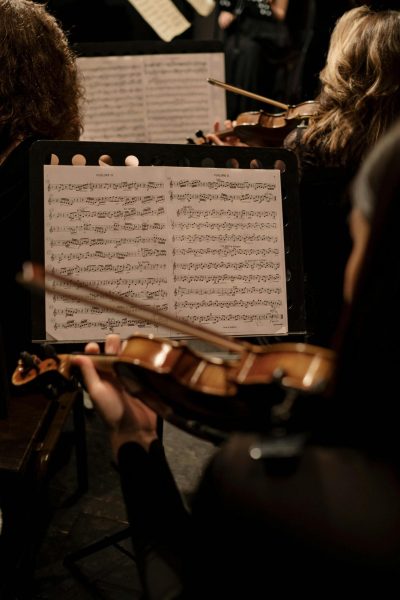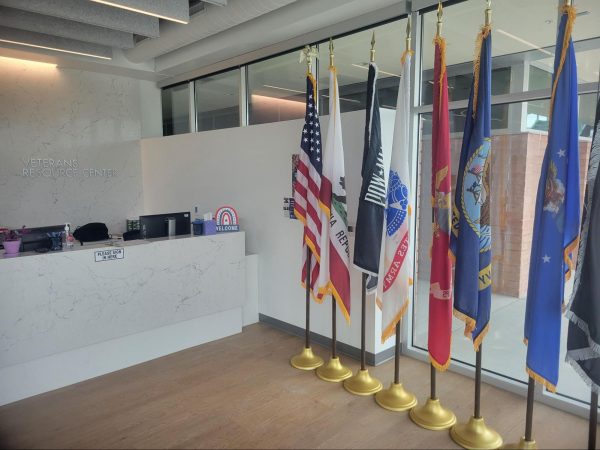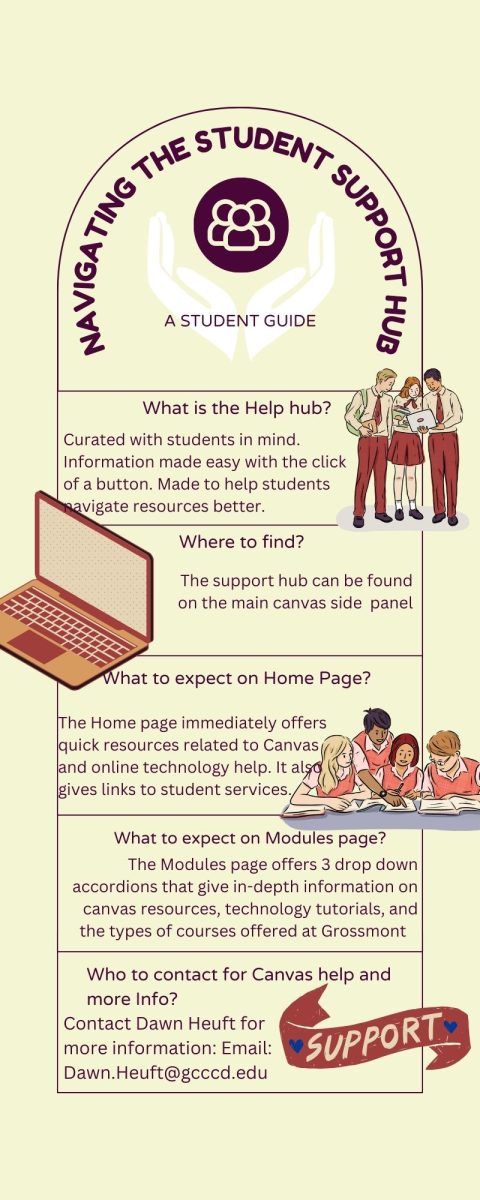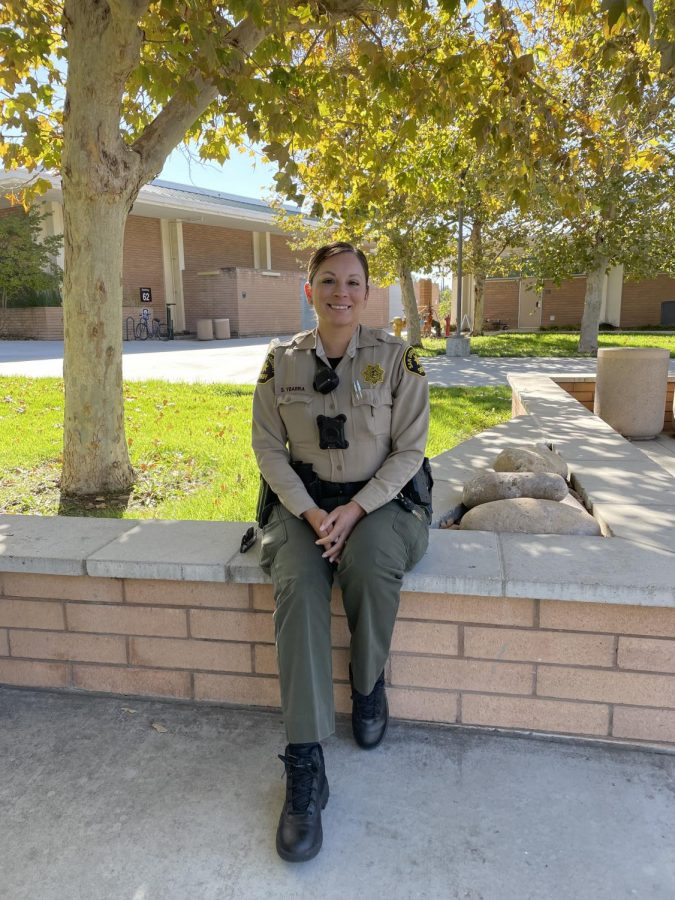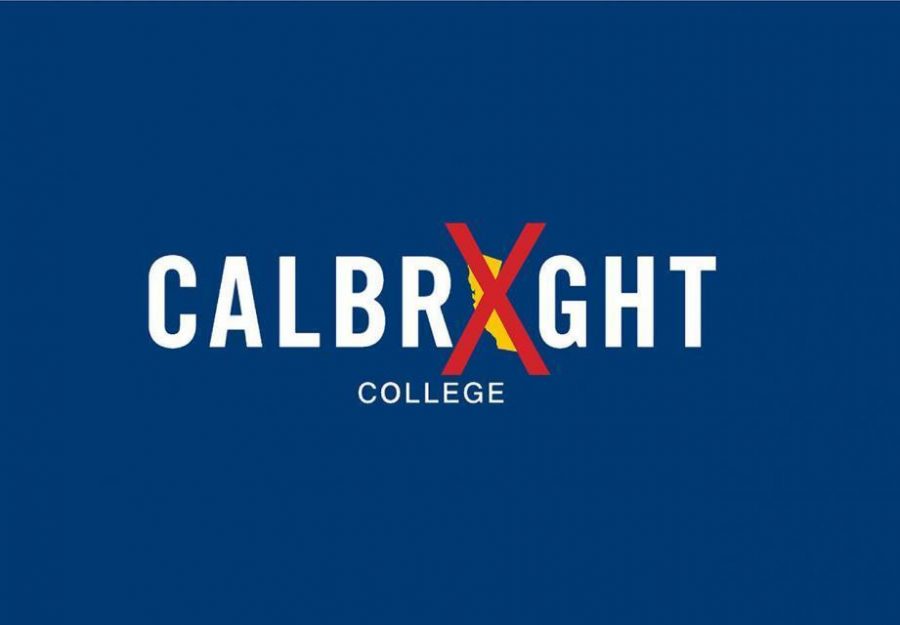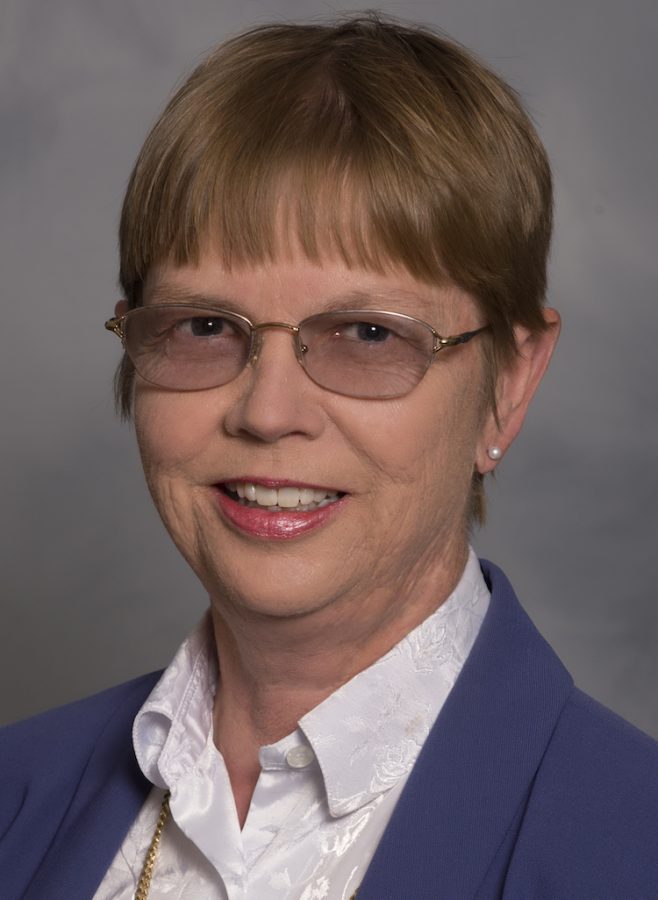HACKENSACK, N.J. (MCT) _ When he first arrived at Fairleigh Dickinson University, Brian Schwanwede of River Edge, N.J., felt afraid “to the point of paralysis.” Schwanwede, who has Asperger’s syndrome, didn’t know how to join campus groups or make friends, and he had trouble keeping up with his assignments.
Then he discovered FDU’s Compass Program, which is designed to help students like him integrate into campus life. He walked into the first session and immediately found people who understood him.
He is now a sophomore honors student who is active in campus activities. Stefanie Ulrich, director of Fairleigh Dickinson’s Center for Psychological Services, says she hears similar success stories all the time. “Some of the kids first come here and they’re crying all day and unable to leave their rooms.” After the program, they become more gregarious, join clubs and graduate with confidence.
Students with Asperger’s— an autism spectrum disorder characterized by serious difficulties with social interaction —face difficult challenges in a college environment.
Although people with Asperger’s are often highly intelligent, they are also likely to have limited interests, miss social cues and have difficulty living away from home. The number of students diagnosed with Asperger’s is likely to grow in the coming years because, experts say, the condition is being better diagnosed.
There is no known cause for autism, which affects 1 out of every 110 children. As a result of the influx of students with Asperger’s, K-12 schools have been at the forefront of creating new programs for students with the condition and more severe forms of autism. Now, as more students with Asperger’s go on to higher education, college officials are trying to figure out what kind of help they need to provide.
David Nast, director of the Office of Specialized Services at New Jersey’s Ramapo College, said students with Asperger’s make up the school’s fastest-growing population. “It’s a particular challenge for our department because the issues they face go beyond the classroom. They need more social accommodations than academic accommodations,” he said.
Some youngsters with Asperger’s cannot even live away from home, said Vincent Varrassi, a Westwood, N.J.-based consultant for students with disabilities. Those who can live away from home might need help making friends, advice on organizing a weekly calendar and tutoring to succeed.
Lawrence Kaplan, chief executive officer of the U.S. Autism and Asperger Association, said every college program is different and they are not all up to par. “Many colleges have programs, but the support may not be what it should be,” Kaplan said.
“While these kids may do extremely well academically in high school, they may have a tougher time in college because of a lack of support in college, and end up moving back home.”
Support for students suffering from physical or learning disabilities, such as tutoring, ramps and elevators, has long existed on college campuses, but programs for students with Asperger’s were only created in the past five years, said Dania Jekel, the executive director of the Asperger’s Association of New England.
Before that, many college students with Asperger’s relied on the more traditional disability services. But that rarely solved the social and organizational problems these students encountered. As a result, they had a high dropout rate.
While experts welcome the new programs, they caution that they have their limitations. Some students may suffer from such severe disabilities that they won’t be able to succeed away from home and some colleges will not have the resources to provide the individualized attention that many Asperger’s students need, Jekel said.
What makes it even more difficult for Asperger’s students is that they develop more slowly than their peers. They are less mature socially at age 17 and therefore less likely to be accepted by their college classmates. Experts say it is also difficult for parents to predict how well a student will do in college until the teen arrives on campus.
For those students who find it just too difficult to live with a roommate, Rutgers and Ramapo allow students with Asperger’s to live in a single room. Rutgers also offers students with autism spectrum disorders special faculty support and other accommodations.
Montclair State University runs a social skills training group as well as a peer mentoring group to help Asperger’s students make friends and learn how to interact socially, said Linda Smith, director of the Disability Resource Center. Counseling is provided when needed.
Nicole D’Angelo, a Montclair State student majoring in music who has been diagnosed with Asperger’s, said the social group is among her favorite activities on campus. “We meet every week and it helps us for any of our social issues,” she said. “It’s great to come here and meet others who have the same thing. We bonded through our disability.”
*
Yellin is a writer for The Record in Hackensack, N.J.











